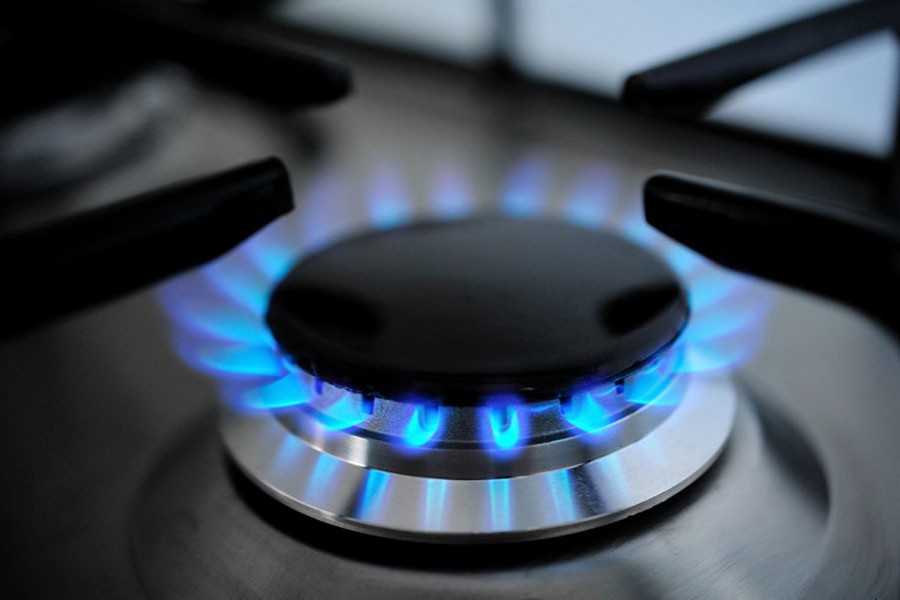A hike of 32.80 per cent in gas price became effective in the country from July 01, the very first day of the ongoing fiscal year. Prior to that, after the hike was announced by the government departments, there were strong criticisms against it from civil society members, non-governmental organisations (NGOs), political parties and more. Leftist parties of the country, with moral support from Bangladesh Nationalist Party (BNP), observed a half-day strike on July 07.
However, there has been no political pressure on the government to take cognisance of such criticisms.
That the burden of the hike in gas prices will finally fall on the common people goes without saying. Households will have to pay Tk 175 more for gas from this month. The new rates have raised gas tariff for power plants by 40.82 per cent, for fertiliser factories by 64.21per cent, for CNG-users by 7.50 per cent, captive power plants 43.97 per cent, industries 37.89 per cent, tea estates 44.20 per cent, commercial users 34.98 per cent, and for households using gas burners by 38.46 per cent. The weighted average gas tariff for all users including households, industries and businesses will rise by 32.80 percent. It would accentuate sufferings of educated unemployed people.
Those in government jobs will hardly be affected. Big businesses have no dearth of money and so they will not suffer any blows because of the hike. But the hardest hit will be the poor and the middle-income groups who earn fixed incomes and from hand-to-mouth.
The gas price will diminish disposable income as the cost of living has been on the rise due to a number of factors even before the hike. Incomes of families from these households have been diminishing because of increasing educational expense of children, cost of medical treatment and transport fares.
The government has increased the gas price while considering the expenses of importing liquefied natural gas (LNG). This raises the question: Was there no alternative to meet the revenue gap? Maybe revenue leakages by system loss in gas sector could have been prevented. This is theft, which increases cost efficiency of companies.
Also, could the fund have been re-appropriated from other revenue heads of budget, under austerity measures, in order to meet the stated burden? Or, maybe cuts could have been imposed on avoidable revenue expenditure?
Bangladesh Energy Regulatory Commission (BERC) justified the hike by pointing out that the government is spending about Tk 3 for per cubic metre of imported LNG. The cost of locally-produced gas is only about Tk 5.0. The government began to import LNG from August last year following the depletion of domestic reserves, no new discoveries and rising demand for gas.
But it can be gathered that government organisations like Titas, Bakhrabad and Jalalabad have found some natural sources of gas in the country according to local media reports in the past year. Also, there have been talks of offshore drilling in the Bay of Bengal.
Furthermore, it is not correct to say that international price of LNG has increased, rather it has decreased.
The government through BERC should clarify their position on both the counts.
At a time, when Bangladesh has increased its gas price, neighbouring West Bengal of India has reduced LNG price by Tk 150 per cylinder in order to gain benefits through lower import cost. This came about following strong opposition spearheaded by West Bengal Chief Minister Mamata Banerjee who questioned a proposed price hike from June 01 after Lok Sabha elections.
Muhammad Quamrul Islam is an economist, advocate and columnist.


